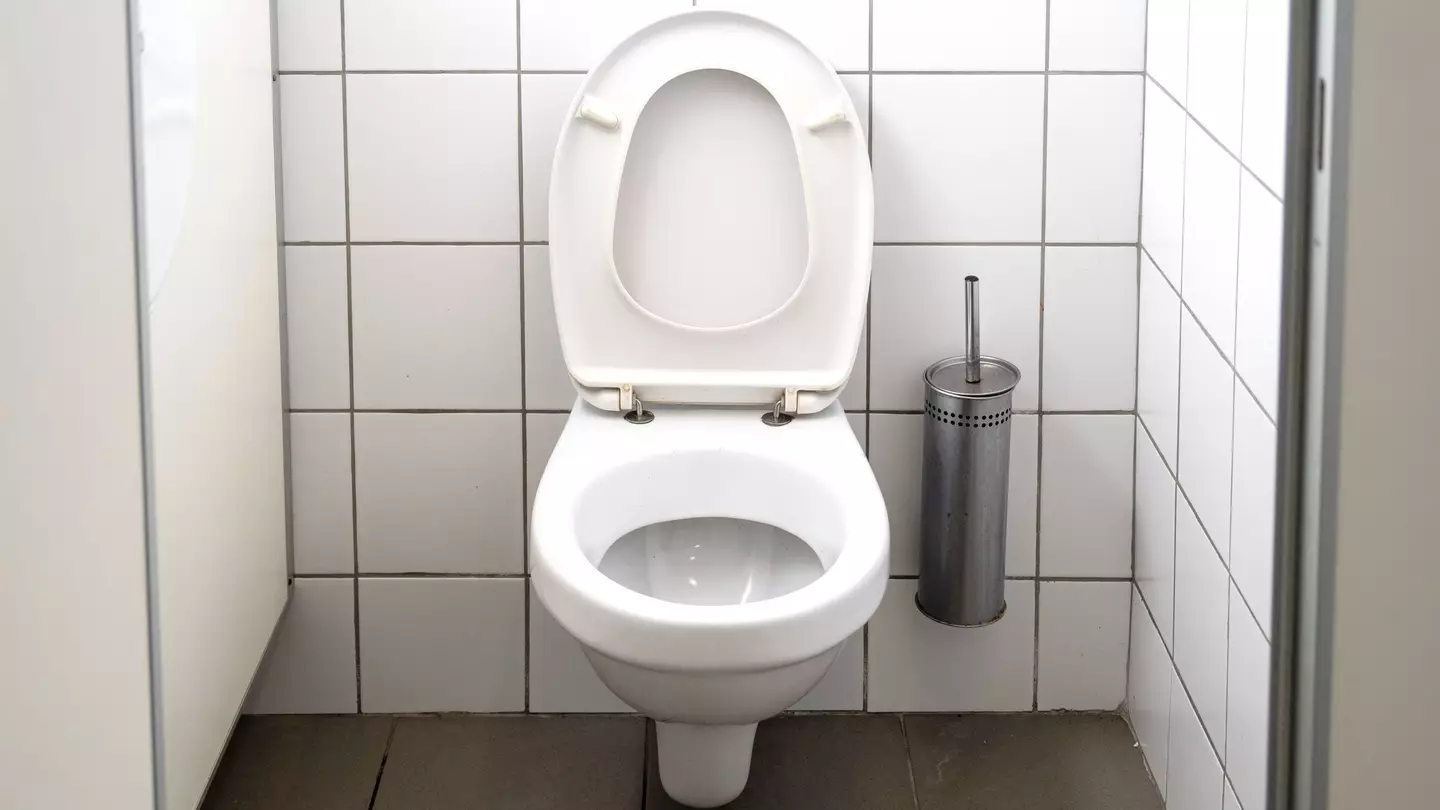
A warning has been issued for people to go to a doctor 'urgently' if they notice a particular sign in their poo.
While nobody particularly likes to talk about their bowel movements, it's incredibly important to keep an eye on what's going on down there - especially with bowel cancer cases being on the rise amongst young people.
Whether you're experiencing stomach pains when going to the toilet or noticing major changes in your bowel habits, it's always worth contacting a doctor or healthcare professional if you feel something isn't quite right.
And now, a charity has urged people to get in touch with a doctor urgently if anyone notices their poo turn a certain colour.
Advert
It's important to note that poo can come in a range of different colours, depending on factors such as diet, environment, medication, and health conditions.

What does poo colour mean?
Guts UK, a national charity for the digestive system, has outlined what the different colours in our stools can mean.
Advert
For instance, brown is the standard colour of healthy poo, and if your poo appears green, it is likely caused by a diet high in vegetables or green food colouring.
It is also very common in babies, as parents out there will know all too well!
Clear poo can be common amongst people with Irritable Bowel Syndrome (IBS), and poo that's orange in colour can be a result of someone eating a lot of food or supplements containing a substance called beta-carotene.
But it's black poo that we should be keeping an eye out for.
Advert

The dangers of black poo
While things such as iron tablets and certain medicines can turn your poo into a black, tar-like colour, it can also mean that there is bleeding higher up in the digestive system, for example, from the stomach.
The charity urges people who have noticed their stool turn black for an unknown reason to contact a doctor immediately, and to contact the NHS urgently if it's black, tarry and smells bad, especially if there is tummy pain.
Advert
Bleeding resulting in black poo can happen with many digestive conditions, such as:
- Liver disease and ascites associated with liver disease
- Stomach cancer
- Oesophageal cancer
- Stomach or small bowel ulcers, which are usually caused by a bacteria called Helicobacter pylori
It's important to note that bleeding and black coloured poo may not be because of cancer for most people, but seeing a doctor or healthcare professional can help you to find out the cause and get it treated.

Other colours of poo to be aware of
Guts UK also urges people to look out for red poo, which is a strong indicator of bleeding in the bowel, which can be caused by:
- Ulcerative colitis
- Severe food poisoning
- Crohn’s disease
- Diverticular disease
- Bowel cancer
Blood in the poo can also be caused by piles (haemorrhoids) or anal fissures, which can be easily treated.
Advert
The NHS says to see a GP if you've had blood in your poo for three weeks, your poo has been softer, thinner or longer than normal for three weeks, you're experiencing pain around your bottom, or if you've lost weight for an unknown reason.
Topics: Health, Bowel cancer